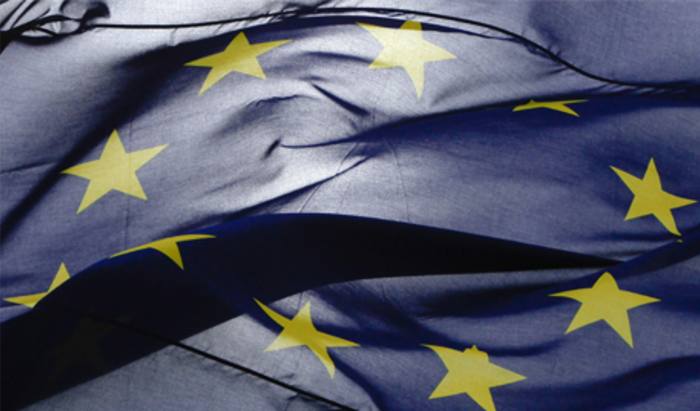
Investors are weighing up their options after Greece unveiled plans to issue a new benchmark five-year bond, five years since the future of the European project was in doubt.
If you cast your mind back to July 2012, as peripheral countries saw their borrowing costs skyrocket and Greece, Ireland and Spain had to apply for bailouts.
European banks were caught in the eye of the storm as markets questioned their liquidity and balance sheet strength.
Investors began to worry that the single currency could crumble, and rumours of redenomination abounded.
So, what should advisers and their clients make of the decision five-years on from the Eurozone being on the brink of collapse of the Greek government’s decision to launch a bond/
Nicholas Wall, portfolio manager of Old Mutual Global Strategic Bond fund, said changes in the European political landscape, together with recent strong economic data, mean the bond should perform well.
Mr Wall said: “When deciding whether to invest in Greece, or any other European country that has found itself in difficulty amid the debt crisis, investors are ultimately making a call on European politics. Arguably, the market priced in too much European political risk premia at the start of the year.
“Today, European solidarity appears higher than it has been at any time since the Brexit vote (indeed, to some degree, Brexit has united European politicians).
"This is helped enormously by the positive-growth environment seen in most European countries. Political discontent tends to fade as unemployment drops and wages improve.”
On the Greek side, the ruling Syriza party has found itself far behind centre-right New Democracy in the polls.
Anger and protest are no longer translating into votes, so Syriza is now hoping for a quick resolution to the debt-relief negotiations and an upswing in growth before general elections, scheduled for late 2019.
A snap election now is not in its interest.
Mr Wall said: “There are signs that the growth outlook is turning a corner and broadening. Tourism is booming, while year-on-year industrial production is growing at a rate of over 5 per cent.
“Even more encouraging is that unemployment is dropping, raising aggregate real incomes, and as a result the Greek consumer is becoming more confident – retail sales are up 4.6 per cent, year-on-year.
“Lastly, the scale of austerity that the Greek government needs to undertake has fallen, adding a further tailwind to growth. So Greece’s growth revival can continue, in our view.”
The main risk lies with a disagreement between the International Monetary Fund (IMF) and Greece’s European creditors about the nature of debt relief for the Aegean state, Mr Wall warned.
But James Yardley, senior research analyst at Chelsea, said it was generally “a good sign for both Greece and eurozone” that the bond was being launched at all.





